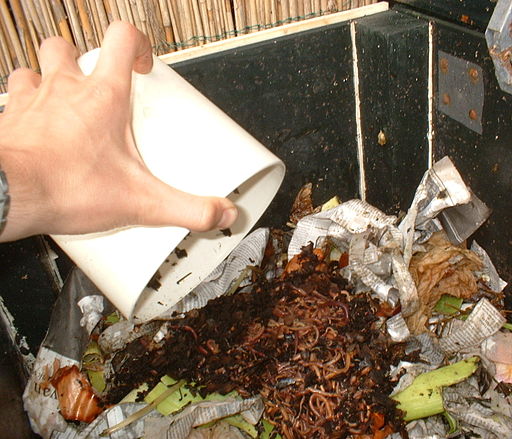#Summary
The idea for this action is to put together a skeleton framework for how to create a modular urban food gardeners’ lab that links gardeners of all levels of experience and fosters community around the garden site.
#Why?
To build capacity for growing food locally within a challenging urban environment, to experiment with new technologies and innovation in gardening alongside traditional practices, and to provide an accessible, community based project. The project will offer the opportunity to learn by doing, as well as for exploring multiple methods of growing plants.
#Structure (initial ideas)
The project comprises interacting modules that are looked after by teams - for instance a water module, an automated irrigation module, a salad growing module, a composting module.
- The project will be comprised of multiple modules, which address needs and resources:
- Production modules (where things grow edible / non-edible / useful for other purposes eg: growing fabric, fuel)
- Rainwater capture
- Automated watering
- Monitoring
- Compost
- Each module will be run by a team of 3-5 people
- The module foci will be decided upon by the team, new modules will be discussed on an ad hoc basis
- Each module will be expected to host at least 2 workshops per year, perhaps engaging an outside guest.
- These will be held at the weekend, in both German and English, free of charge, and will be advertised in both languages using paper flyers distributed in the local neighbourhood.
- Extra funding will be sought out as necessary
- We expect each module to use the principles of open source circular economy alongside sustainability in the planning and execution of their project part
- There is an expectation that each team will find an appropriate way to capture and share the learning of their module activity beyond the workshops as dissemination activities
- At harvest time there will be a showcase exhibition of the project and modules (posters, show and tell) - some of which could be turned into a permanent exhibition
- In order to promote longevity of the project, project members take on the responsibility to find a replacement on their module if they leave
Questions:
- are there better ways to engage with existing communities around the site?
- what should the core modules be to create a working garden?
- how do we promote OSCE practices with the urban farmers who join us?
- what’s the best online way to organise the information and promote discussion and promote community?
- would it be useful to think about growing plants / organisms for purposes other than food - e.g. fuel, materials?
Attribution
Idea worked up with Olivier Hargot and Timothe Feodoroff


 - but it would be good to have a discussion about what core module might be the best thing to start with - and where.
- but it would be good to have a discussion about what core module might be the best thing to start with - and where. 

 (Open Source = built for or to be picked up by a community)
(Open Source = built for or to be picked up by a community)


